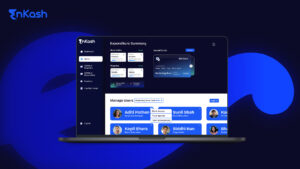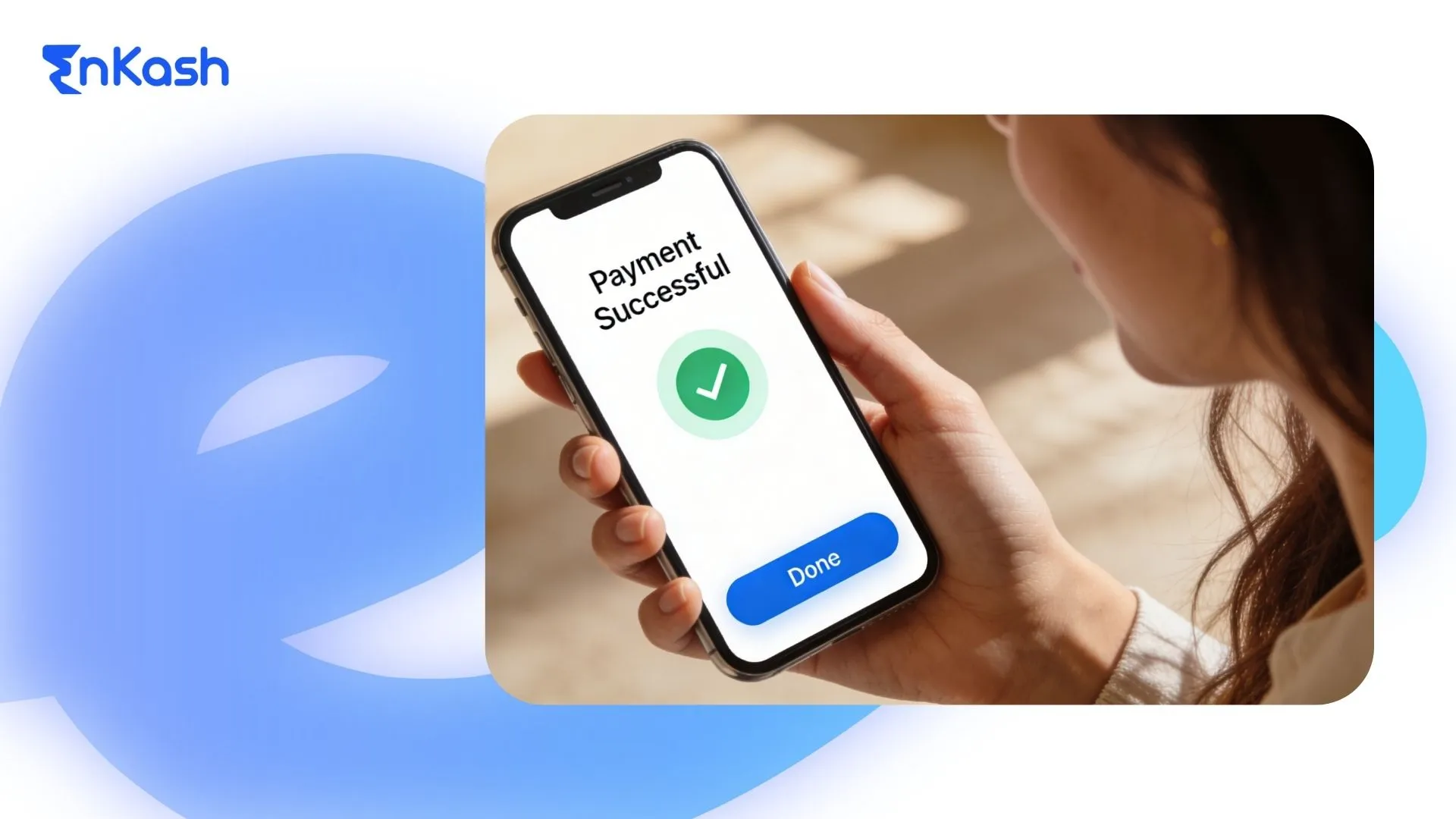Having a strong online presence is no longer optional for small businesses. Nowadays, consumers rely heavily on the Internet to find information and make purchasing decisions. Digital marketing allows you to connect with potential customers where they spend their time: online. This makes digital marketing an essential tool for any small business seeking growth and success. With a well-crafted digital marketing strategy, any business can reach a wider audience, build brand awareness, and ultimately drive sales.
What is Digital Marketing?
Digital marketing encompasses all marketing efforts that utilize electronic devices or the internet. This includes a wide range of strategies, from social media marketing and search engine optimization (SEO) to email marketing and content marketing.
The Types of Digital Marketing
The digital marketing landscape is vast, offering a variety of tools and techniques to suit your specific needs. Here’s a glimpse into some popular types:
Search Engine Optimization (SEO): This involves optimizing your website and online content to rank higher in search engine results pages (SERPs) for relevant keywords. This increases organic traffic to your website, attracting potential customers who are actively searching for products or services like yours.
Social Media Marketing: Social media platforms like Facebook, Instagram, and LinkedIn provide powerful tools to connect with your target audience, build brand awareness, and drive traffic to your website.
Content Marketing: Creating and sharing valuable, informative content (such as blog posts, infographics, or videos) establishes you as a thought leader in your industry. This content attracts and engages potential customers, ultimately converting them into loyal brand advocates.
Pay-Per-Click (PPC) Advertising: Platforms like Google Ads and social media advertising allow you to create targeted ads that reach a specific audience based on demographics, interests, and online behavior. You only pay when someone clicks on your ad, making it a cost-effective way to drive targeted traffic to your website.
Email Marketing: Building an email list allows you to nurture leads, promote special offers, and stay connected with your customer base. Effective email marketing can be a powerful tool for driving sales and building customer loyalty.
Influencer Marketing: Partnering with social media influencers who have a large and engaged following in your target market to promote your brand and products.
How Digital Marketing Works
Digital marketing works by creating a targeted online presence that attracts potential customers. Here’s a simplified breakdown:
Identify your target audience: Who are you trying to reach with your marketing efforts? Understanding their demographics, interests, and online behavior is crucial
Develop a strategy: Choose the digital marketing tactics that best align with your goals and target audience
Create engaging content: Content is king! Develop informative and engaging content that resonates with your audience and positions you as an authority in your industry
Increase brand awareness: Make your business more visible online, reaching a wider audience than traditional marketing methods.
Optimize your website: Ensure your website is user-friendly, mobile-responsive, and optimized for search engines
Promote your content: Use various channels like social media, email marketing, and PPC to drive traffic to your website and content
Generate leads: Capture potential customer information through website forms, email signups, and social media interactions.
Nurture leads: Develop relationships with potential customers by providing valuable content and offers tailored to their needs.
Convert leads into sales: Close deals by guiding potential customers through the buying process and promoting your products or services effectively.
Track and analyze results: Regularly monitor your digital marketing campaigns to see what’s working and what’s not. Use data to refine your strategy and optimize your campaigns for better results
Importance of Digital Marketing for Small Business Growth
We live in a digital world, where the importance of digital marketing is likely to only increase in the future. According to industry research, there were over 700 million internet users in India in 2020 which is expected to grow to over 970 million by 2025. Digital marketing is here to stay and if you’re not leveraging it for your business, you’re missing out on all the benefits.
Far from what it used to be; today the importance of digital marketing is all the more important for businesses. Digital market strategies today are driven by analytics and data. The approaches are customised to customer preferences and interests, there is no set model for everyone. Making use of both social media and broadcast, the new age of digital marketing aims to deliver precise targeting of your audiences to help you build and grow.
Benefits Of Digital Marketing For Business
Let’s go through some of the benefits of digital marketing for businesses.
The use of SEO brings in new customers
It is the holy grail of all importance of digital marketing. The main objective of SEO is to ensure your content is at the top of the search feed when people look for a keyword that is related to your brand. By optimising search traffic based on analytics, your company website becomes the go-to site for prospective customers and will help generate more leads.
Application of precise customer targeting
The importance of digital marketing has come a long way. With frequent changes to algorithms, analysing trends used in the past, and filtering behaviour, it is now possible to direct your ads to a precise audience instead of sharing it with the whole world. In the end, it’s the target audience that is going to buy your product.
Leveraging social media
If you’re out tweaking your digital marketing data but not leveraging your brand’s social presence, you’re missing out on a lot of audiences. Viewership on social media is on the rise and utilising this medium together with other offline and online campaigns could provide a huge traffic boost to your site.
Branding with custom communication
It’s one thing to be out there and quite another to make a statement and stand apart. This is where you can control what you put out, how you want your brand to be perceived, and who should be coming to you. Traditional marketing does not have a voice to respond, the importance of digital marketing alters this challenge entirely.
Making use of performance marketing
This aspect of importance of digital marketing focuses on constant optimization of your campaign metrics. In the customer-journey funnel, this plays a key role in managing expectations, formulating responses, and digitising interactions. Depending on your objective, your outcome will vary and you can track how well your ads or campaigns are performing. There are specialised marketing tools to make your work even easier. They not only monitor your ROI but also track your analytics and deviations.
Creating a brand identity
How a brand communicates, what they stand for and how they achieve their goals is equally important for a customer as is the product or service they’re looking for. When you have a digital footprint, it is your identity that stays back with the audience. Your identity and communication are what sets you apart. And when you know the importance of digital marketing for your business, you’re always in a position to tweak your communication until you hit the right note. People come for the service but return for the experience.
Move over traditional marketing. Digital marketing is the way of the future and it has completely revolutionized how brands interact with consumers. The importance of digital marketing is ascertained on priority when you own a brand or a company. It builds trust, brings an audience and creates a higher recall value. It is also important to keep in mind about B2B payment solutions for further approach.
Cost-Effectiveness
Owners and executives frequently regard marketing as an expenditure, and they are correct – running advertising costs money regardless of the media. Traditional marketing, on the other hand, has a very high entrance hurdle; even billboards in the middle of nowhere and 3 a.m. advertisement slots aren’t cheap.
While large spending is encouraged and provides more opportunities for involvement, platforms such as Google and Facebook have no minimum barrier to access. If you wanted to, you could conduct a $5 campaign. Furthermore, these platforms frequently provide ad expenditure credit to new marketers.
Develop your agility
To continually enhance the customer journey, your marketing and technology teams must collaborate. As a result, executives must elevate the importance of digital marketing to the CEO and senior management agenda to gain executive support and drive momentum. They must also make existing marketing-activity ROI transparent and discontinue marketing initiatives that fall below a specific ROI level.
One of the finest techniques is to build many agile marketing and tech squads to target key performance metrics using high-performing current staff. Members of the team should be knowledgeable in growth marketing, search engine optimization, user experience design, HTML development, attribution analytics, overall campaign management, and copywriting.
Democratization
When done correctly, digital marketing may level the playing field for small businesses competing with large multinationals. Although Amazon, Walmart, and other large box stores have the deepest coffers, money cannot purchase search engine importance. The only way to appear at the top of Google’s search results page is to establish relevance through pay-per-click (PPC) advertising and search engine optimization (SEO).
One of the benefits of directing your marketing through digital channels is the ease with which outcomes can be tracked and monitored in digital marketing.
The Future of Digital Marketing
The digital marketing landscape is constantly evolving. Here are some key trends to watch for:
Artificial intelligence (AI): AI will play a bigger role in personalizing marketing campaigns and automating tasks.
Voice search: Optimize your content for voice search queries as more people use voice assistants like Siri and Alexa.
Social commerce: Social media platforms will continue to integrate shopping features, making it easier for users to buy products directly within the platform.
The rise of short-form video content: Platforms like TikTok and Instagram Reels offer new opportunities to reach your audience with engaging video content.
By staying informed about these trends and adapting your strategy accordingly, you can ensure your small business remains competitive in the ever-changing digital landscape.
The Bottom Line
Whether B2B or B2C, both types of businesses may effectively use various Digital Marketing mediums- the essential thing they must consider is knowing about the importance of digital marketing trends that suit their type of business. SEO, Paid Advertising, Search Engine Marketing (SEM), Content Marketing, e-commerce SEO, Automation Marketing, Social Media Marketing, and so on have all become standard practices of B2B and B2C organisations.
To know more, visit: www.enkash.com. You can also click below on Signup Now and we will reach out to you soon.







